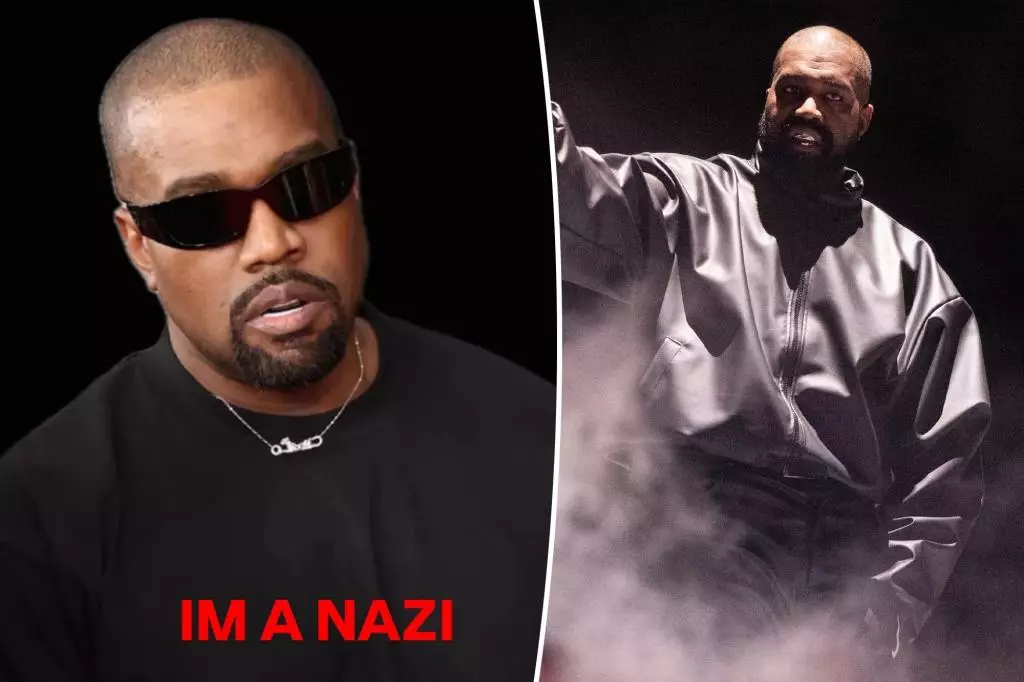Kanye West has long been a polarizing figure in the music industry, known for his boundary-pushing creativity and controversial statements. But his recent casting call for a “hooligan choir” to participate in his upcoming 2024 project—driven by a bizarre set of criteria—has crossed into a disturbing realm of outright prejudicial extremism. By demanding participants to fit very specific physical and ideological molds, West amplifies not only his own controversial persona but also the dangerous normalization of toxic ideologies in contemporary culture.
The Casting Call’s Disturbing Criteria
Specifying that only males with a skin tone reminiscent of Sean Combs and darker, alongside a requirement for shaved heads or a willingness to conform by shaving, is nothing short of alarming. The further stipulation of excluding “fat people” sheds light on a troubling obsession with physical appearance—one that reduces human worth to mere aesthetic qualities. Most shockingly, West’s insistence that participants “MUST BE COMFORTABLE WEARING SWASTIKAS” blatantly endorses hate symbolism in the name of performance art. Such parameters not only raise questions about his artistic integrity but also about the societal implications of leveraging hateful ideologies for creative purposes.
Public Outcry: It’s About Time
The uproar generated by this casting call reflects a growing intolerance for hateful rhetoric disguised as artistic freedom. Social media has erupted with criticisms, such as one user’s poignant commentary on the “depths of societal toxicity” to which West seems to be plunging deeper. Fans, commentators, and even those within the industry are rightfully perplexed about how a platform like X (formerly Twitter) can continue to allow such vitriol to go unchecked. The fact that Elon Musk, as the new steward of this space, is implicated in this oversight provokes a broader conversation about the responsibility of social media platforms in curbing dangerous speech.
From Apologies to Antisemitism
Following a public fallout over his past antisemitic remarks, where West’s brand partnerships were severed and he faced staunch public backlash, one might have hoped for an evolved perspective. While he offered a half-hearted apology to the Jewish community in late 2023—claiming he intended no harm and expressing a desire for growth—his subsequent proclamations demonstrated a clear reversion to his old ways. His unapologetic admiration for Adolf Hitler in February and the dismissive attitude toward moral accountability suggest a troubling failure to internalize the implications of his rhetoric.
The Bigger Picture of Cultural Impact
By continuing along this path of overt hate, West’s actions evoke a chilling atmosphere where art veers dangerously close to enabling hate. When influential figures like West lend credence to such views, it goes beyond personal freedom of expression; it has the power to incite, embolden, and perpetuate a cycle of violence and discrimination in society. The ramifications in the music and entertainment industry, as well as their broader cultural impact, are far-reaching, challenging not just artistic integrity, but also societal values at large.
In an age where artists have the capacity to shape public opinion, the descent into toxic rhetoric calls for a reckoning not just for West, but for the culture that permits such expressions to flourish unchallenged.

